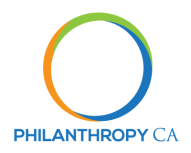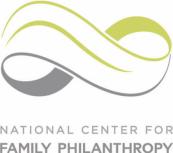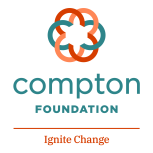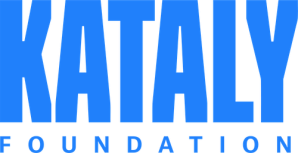Over the next 20 years in the U.S., $35–70 trillion in wealth will transfer from one generation to another in the largest generational wealth transfer in history, mostly moving within wealthy white families. The policies that make possible this protection and accumulation of wealth are situated within the legacy of land theft, genocide of Native people, enslavement of Black people, and exploitation of natural resources. This context of racial capitalism has also given rise to wealth accumulation that, in part, birthed the philanthropic sector. Paradoxically, many of us working within philanthropy aim to contribute to changes in systems, structures, and outcomes that address the harms of interconnected systems like racial capitalism that favor some at the expense of others and the planet.
In response to this paradox, many social justice activists are seeking new pathways to liberate resources for structural change while also contributing to true racial and relational repair. Conversations about reparations are increasing in number and intensity across the philanthropic, nonprofit, and government social change ecosystem. In this engaging discussion, speakers will invite participants to explore the contradictions inherent in philanthropy by probing some of the big questions facing this sector:
How do we employ philanthropic assets to repair harm and co-create new futures that center vitality, healing, solidarity, and right relationship?
How can wealth holders and others controlling capital flows think about wealth, impact, and legacy differently?
Part 1 Objectives
- Shed light on racial capitalism's role in wealth accumulation that has given rise to the philanthropic sector,
- Explore definitions of reparations, racial repair, and relational repair as relates to addressing the intergenerational and present-day legacy of settler colonialism and anti-Black racism.
- Identify the role that we can play, individually and together, to advance reparative action and wealth redistribution to address longstanding racialized oppression and disenfranchisement.






